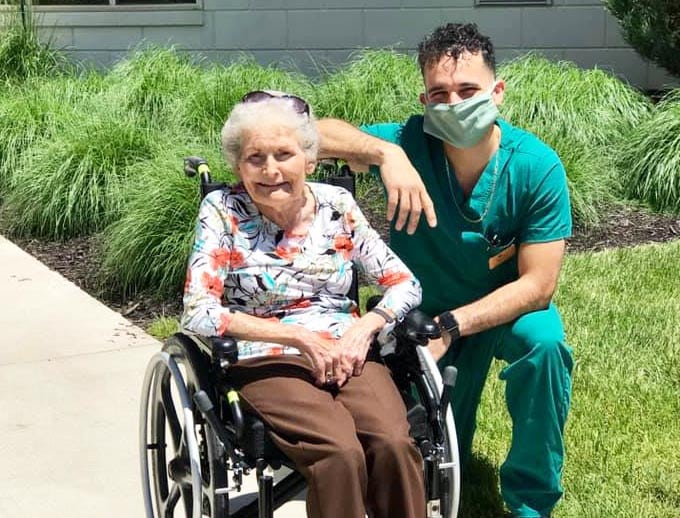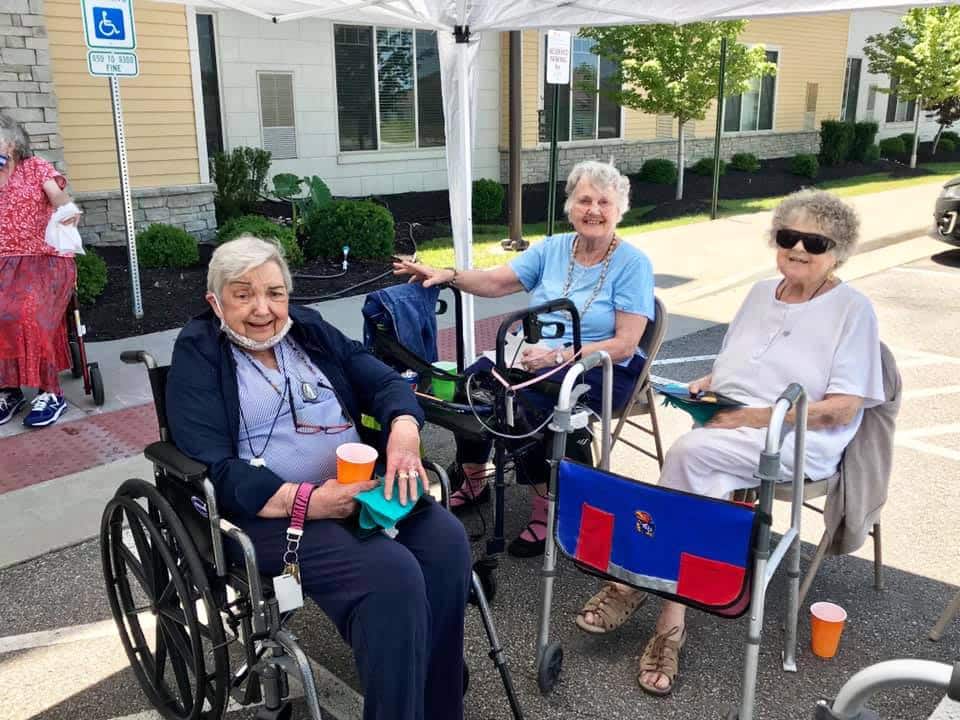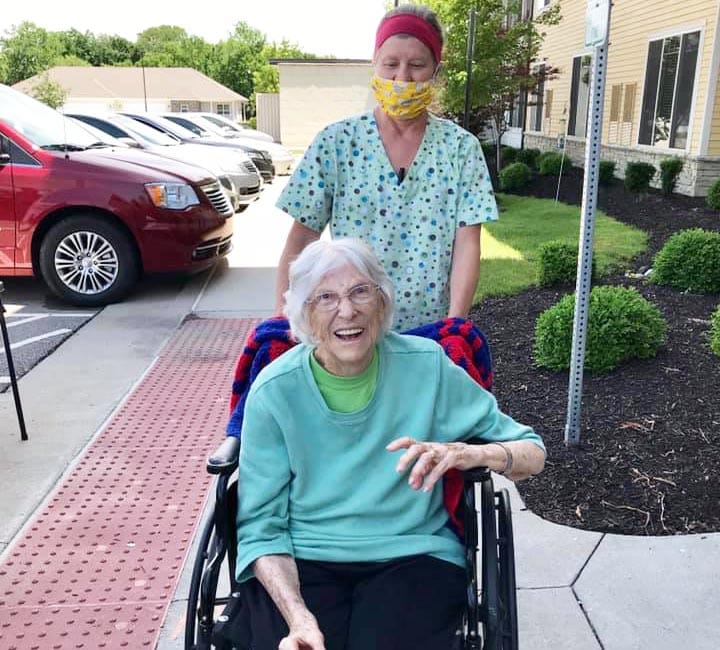Are you looking for the perfect city in which to spend your golden years? We might be biased, but there’s a reason our residents chose a senior living community in KC. You might be ready to join us once you learn why we love assisted living in Kansas City!
How Does Assisted Living Work?
For seniors who are seeking an active retirement, an assisted living community might not sound like an ideal fit. However, once you learn more about what actually happens in assisted living communities, you’ll realize that there’s a reason so many seniors are excited to call them home. How does assisted living work, and can it …










